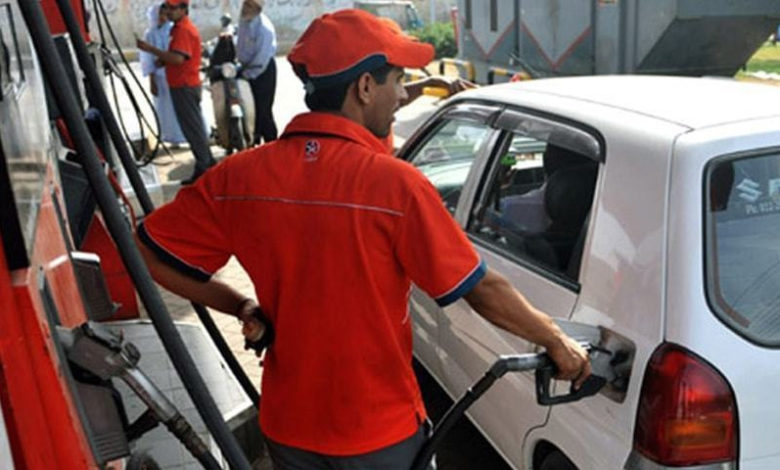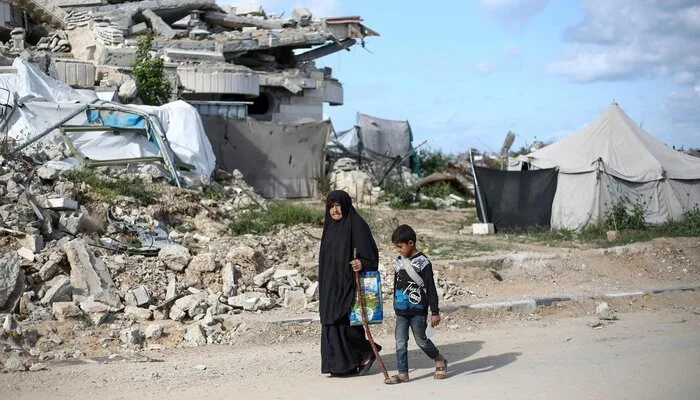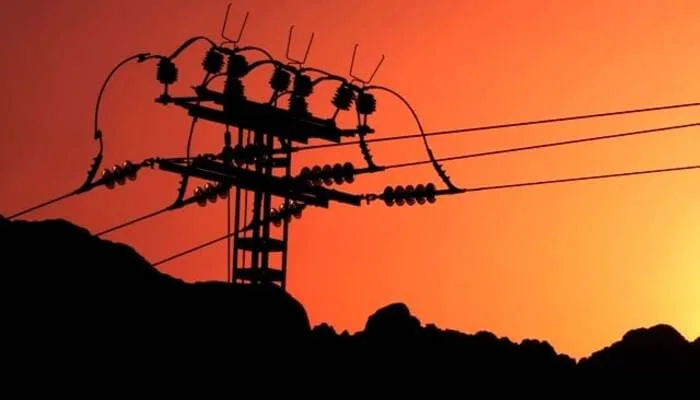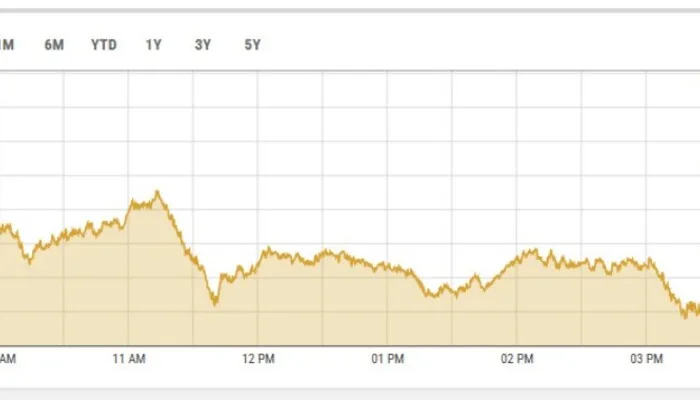
Pakistan may experience another significant surge in petrol prices in the upcoming fuel price review on February 15, 2023, with sources suggesting a possible increase of up to Rs20 per litre.
This rise in prices is mainly due to the high international price of petrol on a free on board (FOB) basis, as calculated by the oil industry sources.
The previous fortnightly review of fuel prices already saw a massive increase of Rs35 per litre, with the government currently imposing a petroleum levy (PL) of Rs50 per litre but no general sales tax (GST) yet.
Aside from the FOB-based petrol price, the exchange rate between the Pakistani rupee and the US dollar also plays a crucial role in determining local fuel prices.
The sources claim that the exchange rate is currently on the higher side, which could prevent local consumers from benefiting from any reduction in international petrol prices.
Moreover, while the international market has seen a decrease in petrol prices, the steep depreciation of the Pakistani rupee against the US dollar offsets these gains, leading to higher fuel prices for domestic consumers.
If the exchange rate is adjusted in the upcoming fuel price review, the petrol price could further increase by up to Rs20 per litre, which means a cumulative increase of up to Rs40 per litre.
As for diesel, its FOB price does not reflect any increase yet, but if the exchange rate is adjusted, diesel prices may go up in the next review.
In the last review, the government adjusted the exchange rate for diesel by Rs14 per litre, but the current appreciation of the US dollar has nullified this adjustment.
The current shortage of petrol in Pakistan exacerbates the issue, particularly in the most populous province of Punjab.
The crisis is blamed not only on the low import of petrol by many oil marketing companies but also on the hoarding practices of some petroleum dealers who anticipate the expected increase in fuel prices.
Consequently, major and smaller cities, towns, and villages in Punjab suffer from a lack of petrol supply.
The last time the federal government increased the prices of petroleum products in Pakistan was on January 29, 2021.
During that review, petrol was priced at Rs249.80 per litre, high-speed diesel at Rs262.80 per litre, kerosene oil at Rs189.83 per litre, and light-speed diesel at Rs187 per litre.
In the most recent review on January 29, 2023, petrol and high-speed diesel prices went up by Rs35 per litre, while kerosene oil and light diesel oil saw an increase of Rs18 per litre each.
In summary, Pakistan is facing potential fuel price hikes due to the high international petrol price on FOB basis, the unfavourable exchange rate between the Pakistani rupee and the US dollar, and the shortage of petrol supply.
While diesel prices may not increase based on FOB price, adjusting the exchange rate could lead to an increase in diesel prices in the upcoming review.















